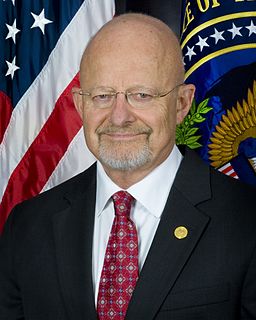A Quote by William J. Clinton
Advances in computer technology and the Internet have changed the way America works, learns, and communicates. The Internet has become an integral part of America's economic, political, and social life
Related Quotes
Technology and the Internet have created a new set of relationships. It's changed the social fabric of promotion: advertising, dating. Part of art world judgment, part of it, is based on people's statistics; their measure of financial value: of likes, of popularity. Data and technology are invading the traditional and classic set of criteria.
Experience has shown us that attempts to control the Internet will invariably fail. We should be instructed by the failed efforts of China to regulate political content, the efforts of America to regulate Internet gambling, or the efforts of Australia to regulate certain speech. By its very nature, the Internet will always resist such controls.
You can sit behind your computer and listen to music via a program or from the Internet and also watch performances on the Internet. There's motivation to sit at home. You don't have to get dressed up, or be social and for those old enough you don't risk DUI charges by drinking at home at the computer.
The notion of the Internet as a force of political and social revolution is not a new one. As far back as the early 1990s, in the early days of the World Wide Web, there were technologists and writers arguing forcefully that the Internet was destined to become the most important tool for cultural change in human history.


































